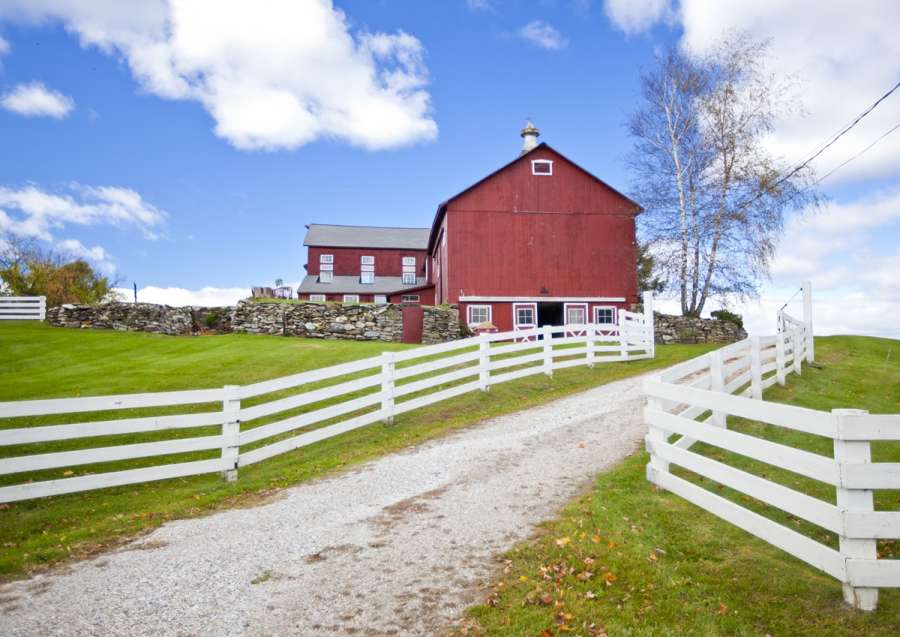The division of a farm on divorce can be a highly complex and sensitive matter.
The court is often faced with a dilemma in weighing up the need to provide for the non-farming spouse fairly on divorce whilst preventing irreversible damage to the farm.
Why are agricultural divorces so complex?
There is a wide range of reasons why divorces involving an interest in a farm can be laden with complexity:
- Lack of liquidity – although farms are lucrative assets, the capital is tied up in the buildings and surrounding land.
- The farm buildings and surrounding land may be valuable assets, whilst the business may yield only a light income stream.
- Farms often consist of matrimonial and non-matrimonial property.
- Prior to the marriage, a prenuptial agreement may have been entered into to protect farm interests.
- The farming enterprise may consist of several businesses, each yielding an individual income stream.
- Third parties, such as other family members, may have an interest in the farm.
- The farmland may be rented.
- The farm is likely to have been passed on through the family for generations with the intention that this will continue in the future.
- The farm could be a company (with a complex corporate structure), partnership or sole trader. If the farm is a partnership, there may not be a written agreement in place.
- The farm may form part of a trust.
- Income generated from the farm can be a result of the contributions made by both spouses, albeit the farm was inherited by the farming spouse.
- The farmhouse, which will often be the former matrimonial home, can be a significant asset. Often, one spouse will wish to remain living in the property but will be unable to buy out the other spouse without selling off a significant proportion of the farming land.
As a result, valuing farm buildings, land, agricultural stock, and machinery is a highly complex task and requires the assistance of a RICS surveyor, who will need to be jointly appointed by both spouses.





